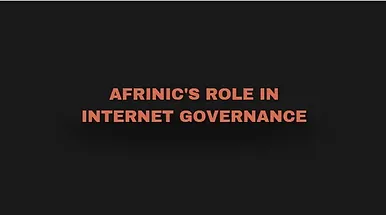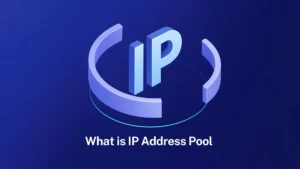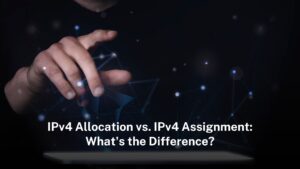AFRINIC: Empowering Africa’s Digital Future
In the sprawling expanse of the digital world, where connectivity is the lifeblood of modern society, entities like AFRINIC serve as the guardians of an equitable and accessible internet. AFRINIC, short for the African Network Information Centre, is not just an administrative body—it’s a linchpin in Africa’s digital evolution, orchestrating the distribution of vital internet resources across the continent.
The Backbone of Connectivity: IP Address Allocation
Established in 2004, AFRINIC was a response to the pressing need for a dedicated organization to manage and allocate IP addresses and other essential internet number resources within Africa. Prior to its inception, the continent lacked a cohesive framework for internet governance, leaving it vulnerable to fragmentation and inefficiency. AFRINIC emerged as a beacon of unity, empowering African stakeholders to actively participate in shaping the continent’s digital destiny.
Crafting Policies for Digital Progress: AFRINIC’s Policy Development Process
At the core of AFRINIC’s mandate lies the allocation of IP addresses, the numerical labels that identify devices connected to the internet. This process is akin to distributing parcels of land in a digital landscape, ensuring that every corner of Africa has its rightful share of online real estate. By meticulously managing the allocation of IP addresses, AFRINIC facilitates connectivity for millions of users, businesses, and organizations across the continent, laying the foundation for a vibrant digital ecosystem.
Empowering the Next Generation: Capacity Building and Technical Training
Yet, AFRINIC’s role transcends mere resource allocation—it’s a steward of internet governance, fostering collaboration, transparency, and inclusivity in Africa’s digital sphere. Through its Policy Development Process (PDP), AFRINIC engages stakeholders from diverse backgrounds to craft policies that govern the use and management of internet resources. This inclusive approach ensures that the voices of African internet users are heard, and their interests are represented in the global internet governance arena.
Forging Collaborative Partnerships: AFRINIC’s Role in the Digital Community
Moreover, AFRINIC is a catalyst for capacity building and technical training, empowering the next generation of internet professionals to navigate the complexities of internet governance. Through workshops, conferences, and training programs, AFRINIC equips individuals and organizations with the knowledge and skills needed to manage internet resources responsibly and effectively. By investing in human capital, AFRINIC ensures that Africa’s digital future is built on a solid foundation of expertise and innovation.
Collaborating for a Connected Africa
Collaboration lies at the heart of AFRINIC’s ethos. The organization works closely with regional and international partners, including other Regional Internet Registries (RIRs), government agencies, civil society organizations, and industry stakeholders, to address common challenges and foster synergy in Africa’s digital landscape. By forging strategic partnerships and alliances, AFRINIC amplifies its impact and accelerates progress towards a more connected and inclusive Africa.
In conclusion, AFRINIC’s role in internet governance is indispensable—it’s the glue that holds Africa’s digital infrastructure together. From allocating IP addresses to fostering collaboration and capacity building, AFRINIC is a driving force behind Africa’s digital revolution. As the continent continues to embrace digital transformation, AFRINIC stands as a beacon of hope, guiding Africa towards a future where the internet is a catalyst for growth, development, and prosperity.





Pingback: APNIC’s Efforts Toward Digital Inclusion
Admiring the dedication you put into your blog and detailed information you offer.
It’s good to come across a blog every once in a while that
isn’t the same unwanted rehashed material. Wonderful read!
I’ve saved your site and I’m adding your RSS feeds to my Google account.